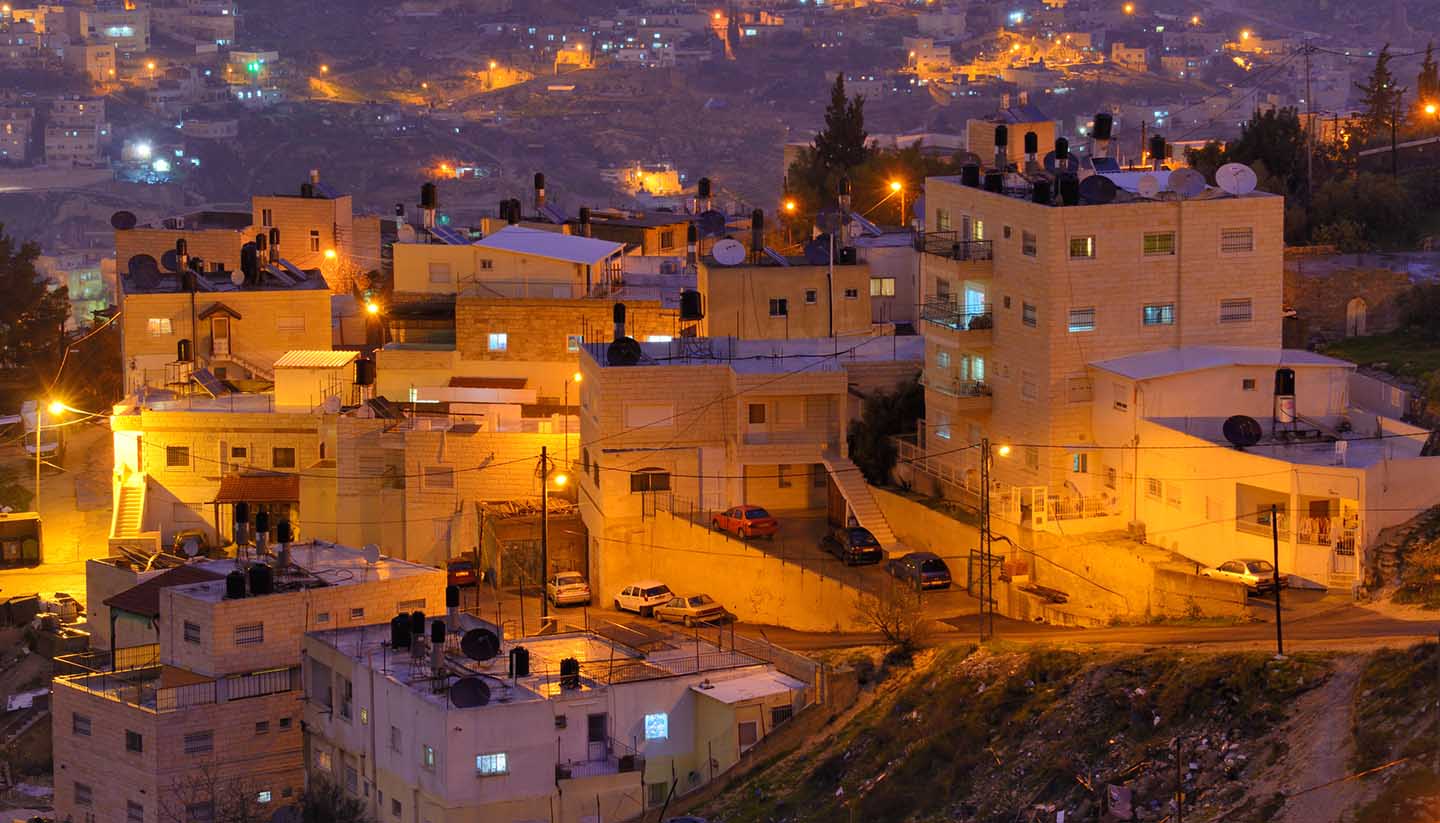Palestinian National Authority: Doing business and staying in touch
Doing Business in Palestinian National Authority
Most businesses are small, family-run affairs producing construction materials and textiles. Business communications can be frustrating as in many instances it is difficult to get a direct response to a question. Appointments and business cards are common practice.
Economy
Economic activity is severely restricted by a number of factors, not least Israeli-imposed restrictions. Economic growth in 2005 was estimated at 8.7%. Around half of Palestinians live in poverty, one in four is unemployed and nearly 50% do not have reliable access to food (2006). Since then, the imposition of sanctions by Israel and its allies in the West (following the newly-elected Hamas government's refusal to recognise Israel and renounce violence) has meant that the economy has come to a virtual standstill.
Substantial gas reserves have been found off the Gaza Strip which will likely prove to be an extremely important part of the economy and Palestine's most valuable natural resource.
There are no dedicated conference and convention centres within Palestine, but Jerusalem has a number of facilities available.
Jerusalem International Convention Centre (JICC)
Binyaney Ha'ooma, PO Box 6001, Jerusalem 91060, Israel
Tel: (2) 655 8558.
Website: www.iccjer.co.il
GDP
US$6.6 billion (2008).
Main exports
Citrus, textiles, construction materials and metal goods.
Main trading partners
Israel and Jordan.
Keeping in Touch in Palestinian National Authority
Mobile Phone
Coverage is good, including the Gaza Strip, with a few patchy areas along the northern border with Jordan and to the west of the Dead Sea.
Internet
Access is relatively easy although the high cost of telecommunications is a limiting factor. Over 240,000 Palestinians had Internet access in 2006 making Palestine one of the largest Internet users in the Arab world.
Media
The Palestinian media is widely regarded as more liberal than much of the Arab world, but self-censorship is common due to the risk of harassment and threats from activists. The media rights group Reporters without Borders believe that violence (including murder) towards journalists markedly increased in 2005.
The Palestinian president has jurisdiction over the Palestinian Broadcasting Corporation, the country's official broadcaster. This was imposed in 2006, most likely as a measure to prevent the strongly-Hamas government from having too much control over the media.
The largest daily is privately-run newspaper is the Jerusalem-based Al-Quds.
Post
Cheap and reliable postal services are available in Palestine but heavy packages may only be posted in Jerusalem with Israeli stamps. Post takes around one week to reach Europe and 10 days to the USA.


